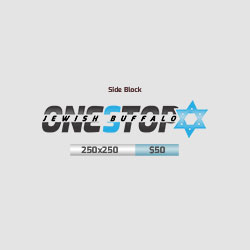For Israeli theologian Yeshayahu Leibowitz, nothing was more spiritually heinous than Korach’s preposterous theological assertion in the commencement of our parsha that “Kol ha’eda kedoshim,” namely that we are all intrinsically and inherently holy, simply because of our spiritual bioligy — because we emerged from a Jewish womb or underwent conversion.
Holiness, Leibowitz teaches, is not an a priori hereditary achievement. Rather, it’s a hard-earned individual accomplishment, for which we must incessantly toil every day anew. Ascending the rungs of sanctity and self-refinement isn’t a given. It requires constant avodah, which in Hebrew means both “work” and “Divine service.”
Last week’s parsha concluded with parshat tzitzit, which includes the words, “Va’aseetem et kol mitzvotay, vee heey tem kedoshim le Elokheim,” meaning “And you shall perform all My mitzvot, and you shall become holy to your God.”
In other words, It is because we perform the ennobling spiritual and ethical deeds known in Judaism as the mitzvot that we ascend to the rank of holiness. Judaism, as we are reminded in the episode of Korach, is a meritocracy. We have to earn our spirituality. It is for this reason, the Gemara (Horayot 13) teaches that a Torah scholar of common ancestry takes precedence over the honor of a Kohen who is ignorant. We aren’t “automatically” holy. Yes, we all possess incalculable worth and dignity by virtue of being in the Divine image, but holiness — that’s a different ballgame. You have to earn it and labor hard to achieve it every day anew. Holiness, Emmanuel Levinas reminds us, is a “difficult freedom,” to be mastered and achieved.


